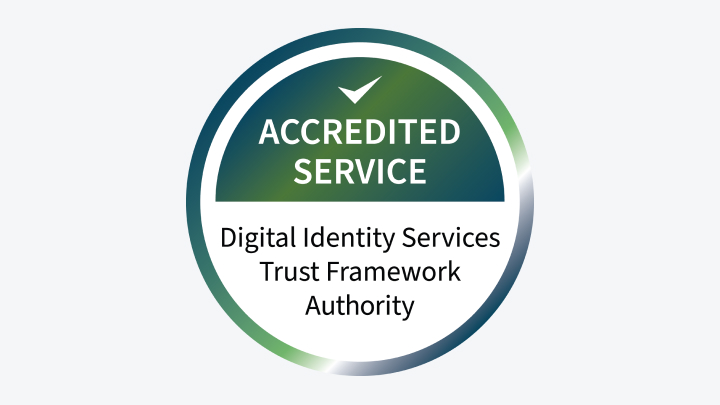The Digital ID Authority of New Zealand Begins Operations
The Trust Framework Authority in New Zealand serves as the regulator for accredited digital identity services in the country. Its primary role involves accrediting providers and ensuring the sector’s compliance with relevant standards.
The Trust Framework Authority’s Work
The establishment of the Trust Framework Authority in New Zealand marks a significant development in overseeing accredited digital identity services. The Authority will grant an “accreditation mark” to providers meeting government-mandated standards.
Current Status and Future Plans
As of now, there are no accredited providers under the Authority. However, they plan to start evaluating applications later in the year, although accreditation is not mandatory.
The implementation of the Digital Identity Services Trust Framework Act 2023 became effective on July 1. The law mandates obtaining consent for personal information collection, prohibiting centralized databases for storing information, and controlling data sharing between government departments.
Benefits and Framework Overview
The system will enable accredited providers to offer digital identity services through an app on personal devices, facilitating access to services like banking and telecommunications. Users can share their identity information securely without the need for physical documents or in-person verification. Accredited providers must demonstrate effective identity theft risk management.
The framework divides into various categories, with provider accreditation being subject to specific service-related regulations.
Key Principles and Considerations
Adhering to the framework mandates ensuring data accuracy, correct information association, and secure information sharing. Further, alternative access methods for government services must always be available as per the legislation.
The framework’s drafting involves comprehensive industry consultation, focusing on principles like security, transparency, and interoperability. Additionally, Māori perspectives of data and identity form an integral part of the framework to embed cultural considerations.
Government Support and Concerns
Government officials, including Minister Judith Collins, emphasize the need for robust digital identity services, cloud technology, and artificial intelligence for enhanced government services. While productivity gains are anticipated, concerns have been raised by professionals and academics regarding potential risks associated with digital ID systems.
Notably, the Department of Internal Affairs in New Zealand recently entered an agreement with Google Cloud for public cloud services. However, caution is advised regarding potential risks like data breaches and control over digital currency tied to central bank systems.
Overall, the Trust Framework Authority and its associated regulations aim to foster secure, efficient, and culturally sensitive digital identity services in New Zealand.



